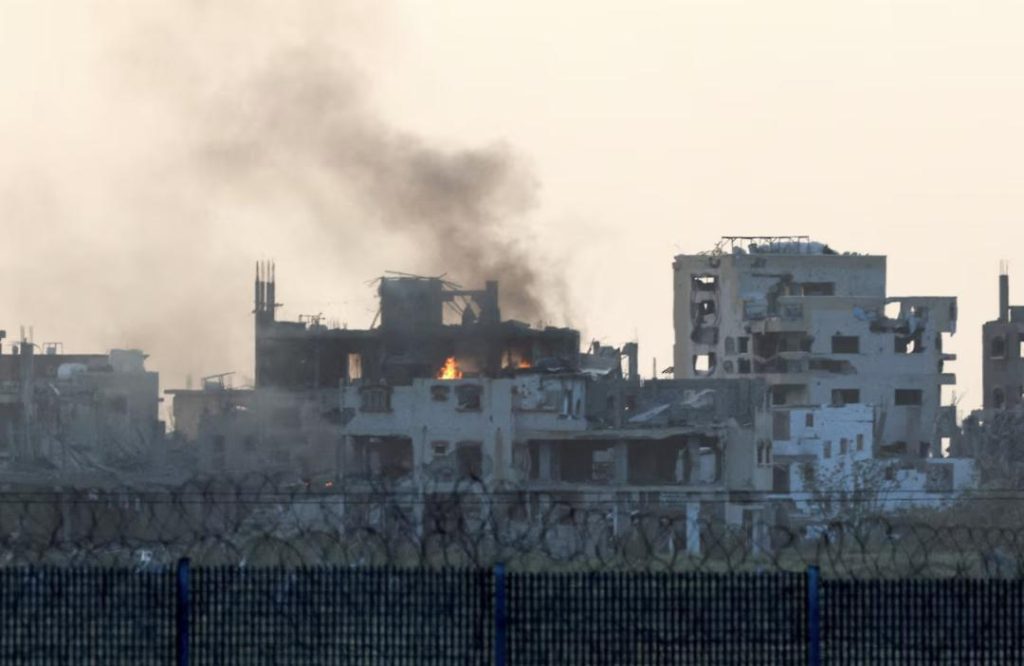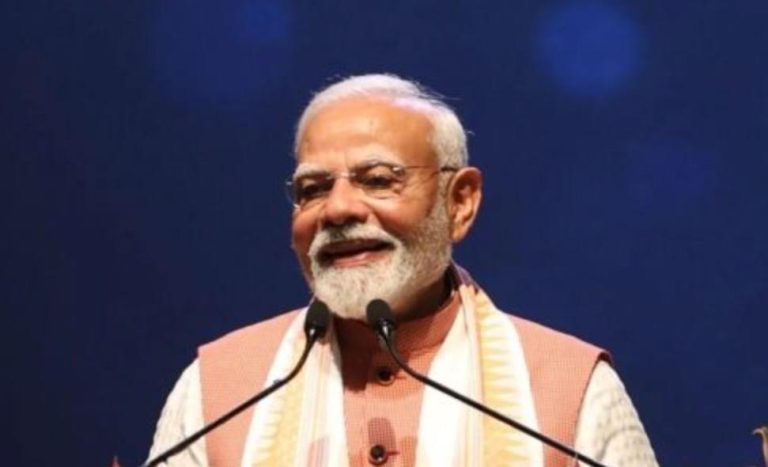
Hamas Rejects Israel’s Counter Offer for Gaza Ceasefire
The ongoing conflict between Israel and Hamas in Gaza has taken a new turn, as Hamas has rejected Israel’s counter-offer for a ceasefire. According to a Reuters report, a Hamas official has stated that the group will not respond or engage with Israel’s proposal, and will instead remain committed to the ceasefire plan proposed by mediators Egypt and Qatar.
The situation in Gaza has been escalating in recent weeks, with both sides trading blows and suffering significant losses. The conflict has resulted in the deaths of dozens of Palestinians and Israelis, and has led to widespread destruction and displacement.
Israel’s proposal for a ceasefire was made public earlier this week, and it included the release of half of the live hostages and half of the dead hostages held in Gaza in exchange for a 50-day ceasefire. However, Hamas has rejected this proposal, saying that it is not acceptable.
“We will not respond to Israel’s counter-proposal,” a Hamas official said in a statement. “We will continue to fight for our rights and our freedom, and we will not compromise on our demands.”
The decision by Hamas to reject Israel’s proposal is a significant development in the conflict, and it is likely to have major implications for the region. The situation in Gaza is highly volatile, and any further escalation could have devastating consequences for civilians on both sides.
The conflict between Israel and Hamas has its roots in the Israeli occupation of the Gaza Strip and the West Bank, which began in the 1960s. The occupation has led to widespread human rights abuses and has created a deep sense of resentment among the Palestinian population.
In recent years, the situation in Gaza has become increasingly dire, with the Israeli blockade of the territory causing widespread poverty and unemployment. The blockade has also restricted the movement of people and goods, making it difficult for Palestinians to access basic necessities like food and medicine.
The conflict has also had a significant impact on the international community, with many governments and organizations calling for a ceasefire and a peaceful resolution to the conflict.
The United States has been a key player in the conflict, with President Joe Biden publicly supporting Israel’s right to defend itself against Hamas. However, the US has also called for a ceasefire and has urged both sides to engage in diplomatic talks.
The European Union has also been involved in the conflict, with the EU’s foreign policy chief, Josep Borrell, calling for a ceasefire and a peaceful resolution to the conflict. The EU has also provided humanitarian aid to Palestinians in Gaza and has called for an end to the Israeli blockade.
The conflict between Israel and Hamas is a complex and deeply entrenched issue, and it is unlikely to be resolved anytime soon. However, it is clear that the situation in Gaza is highly volatile and that any further escalation could have devastating consequences for civilians on both sides.
In conclusion, the rejection of Israel’s counter-offer for a ceasefire by Hamas is a significant development in the conflict, and it is likely to have major implications for the region. The situation in Gaza is highly volatile, and any further escalation could have devastating consequences for civilians on both sides.
The international community must continue to call for a ceasefire and a peaceful resolution to the conflict, and must work to address the root causes of the conflict, including the Israeli occupation of the Gaza Strip and the West Bank.
By doing so, we can work towards a more peaceful and stable future for all parties involved in the conflict.






